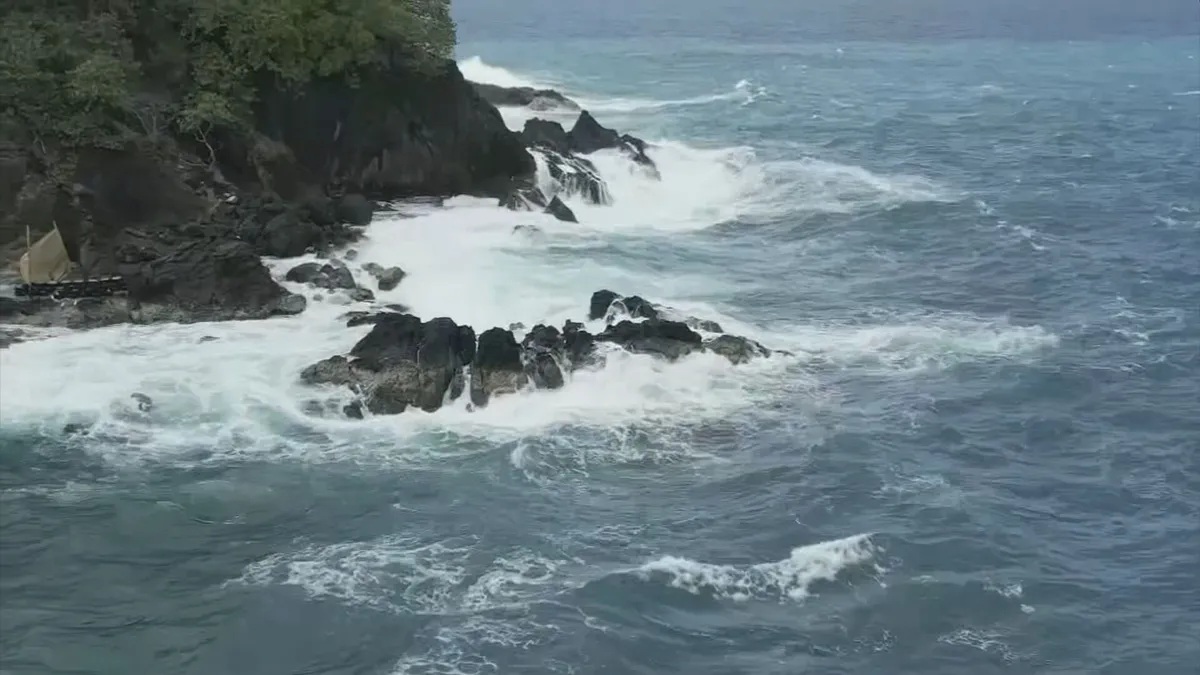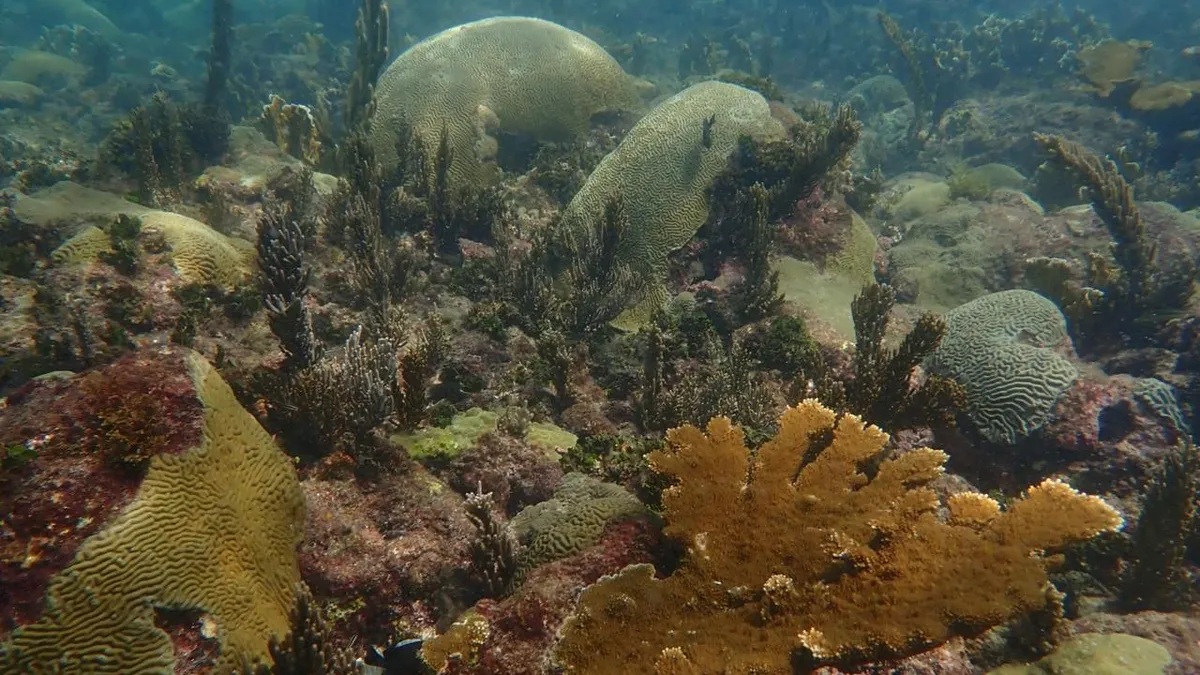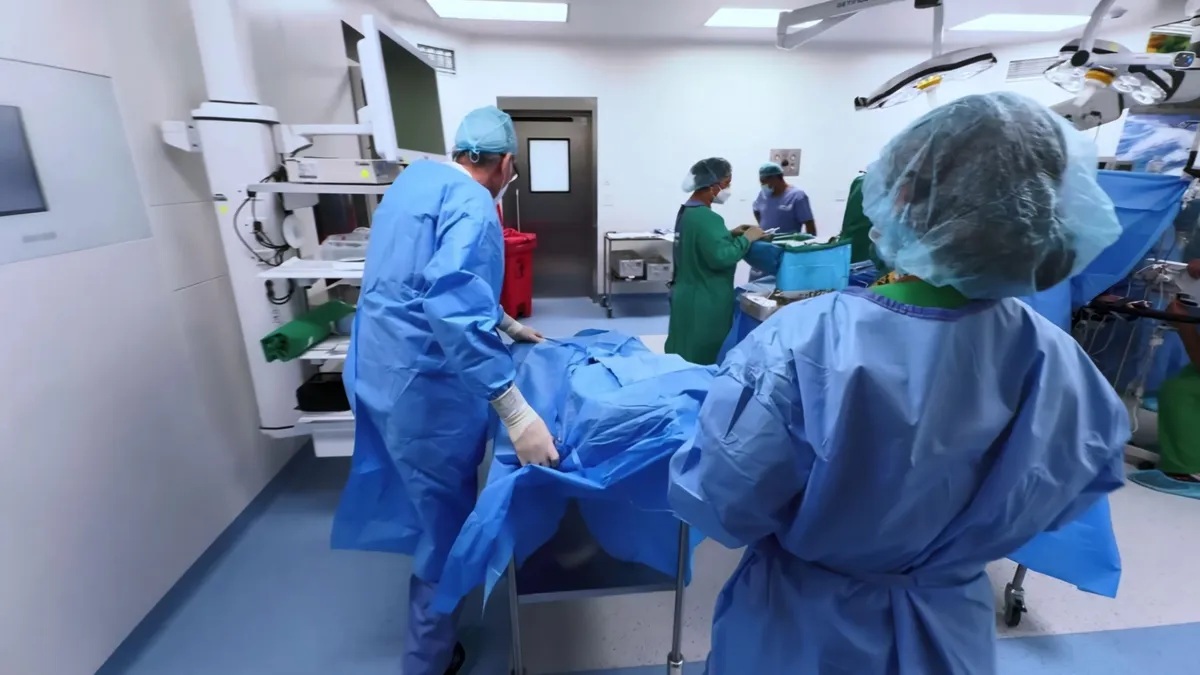Disappearing millions and government bribery demand revealed by WikiLeaks

Diplomats from the Taiwanese Embassy told U.S. Embassy staff that former president Mireya Moscoso (1999-2004) pressured Taiwan into paying a bribe to which it agreed.
According to a WikiLeaks report, published in La Prensa, Sunday May 22, the information was revealed by Luis Arreaga, former Deputy Chief of the U.S. embassy (now the U.S. ambassador to Iceland) in a diplomatic cable which blamed the controversial donations that gave the Asian island its ally through diplomatic recognition. The cable dated September 23, 2005 – also specifies that the Government of Panama shared "regular" budget plans with Taiwan while in the planning stages, for the Assembly to decide how much money Taiwan should donate to Panama and how to invest it. {jathumbnail off}
Another report cited the words of a Taiwanese diplomat who acknowledged that his country never demanded an accounting record on the use of aid, and later discovered that probably millions of dollars had disappeared.
La Prensa reported that when asked about the allegations, Moscoso denied having bribed the Taiwanese: "That is false. When I was in Taiwan I met with ther President and he asked me what work he could do for Panama. I mentioned the Santo Tomas Hospital, the Hospital Obaldía of Chiriqui, the Foreign Ministry, the National Theater, and San Felipe Neri Church … He told me I had to talk to his advisers and the next day we met and I said yes, Taiwan could donate , but it had to be through a private foundation because previously, without naming names, Taiwan had donated to other governments and the works had never been done.”
La Prensa reports that the scandal raised by donations from Taiwan erupted after it came to light that South Sea, a private foundation whose board included people of Moscoso's inner circle, like the former Minister of Health Fernando De Gracia, and Ruby Moscoso, her sister, among others, handled $ 45 million secretly given by the island for social work and without control of the Comptroller.
An extensive debate arose about the competence of the authorities, , to oversee the management of funds.

Millions of dollars of aid from Taiwan to Panama were appropriated by the former president Mireya Moscoso and her sister [the former First Lady Ruby Moscoso], some of which were used to build the now empty Museum Toucan reported verbatim Luis Arreaga , former Counselor at the U.S. Embassy, in a cable on September 23 2005 and reported by WikiLeaks
"That is false," the former president told La Prensa.
"Today, who pays the bills to my sister? I do. She has cancer and every time I have to run to the hospital and pay the bills myself.Neither my sister nor I received anything. I have what Arnulfo Arias left me, " she said
Alvin Weeden, comptroller at the time, said that the foundation received money from the Government of Taiwan that constituted public funds and he had to supervise them.
De Gracia stated that the South Sea Foundation was a private entity and that he acted according to legal standards. The Court issued two rulings (2003 and 2004), stating that the foundation was a private entity whose assets consisted of donations from third parties.
The case of the South Sea Foundation, was an issue that gained wide media atttention during the Moscoso government, and in the period following its mandate, and it reached the courts.
But the Court of Auditors at the end of 2010, ordered the removal of the summary and the lifting of the precautionary measures that stood against former officials of the Moscoso administration.
This followed a ruling by the Third Chamber of the Supreme Court which declared "illegal" Resolution 692 of 2004, issued by the Comptroller, who ordered an audit of the $45 million Taiwan dollars given to the Moscoso government .
"The Comptroller is not the competent authority to order an audit of the foundation, especially if it would affect rights or legitimate interests of individuals," said the ruling signed by Victor Benavides and Winston Spadafora, who was Minister of Government in the Moscoso administration.





